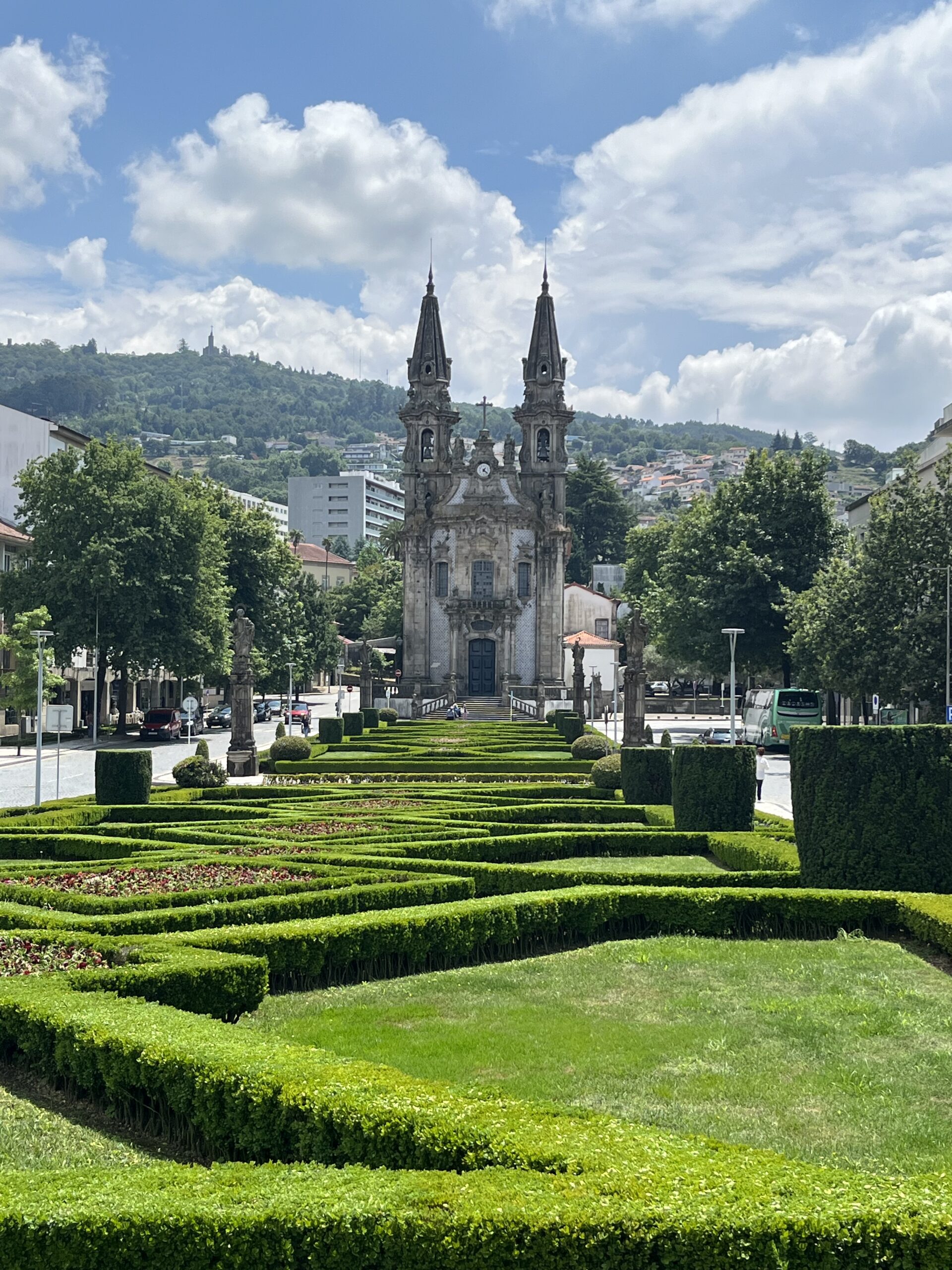In the hustle and bustle of our daily lives, we often find ourselves caught up in the whirlwind of responsibilities and activities. However, there are moments when we seek solace and contemplation, and one place that provides a unique blend of history, art, and reflection is a cemetery. Far from being just a final resting place for the departed, cemeteries offer a rich tapestry of stories, emotions, and a connection to the past.
As one steps through the wrought-iron gates of a cemetery, a palpable sense of tranquility envelops the surroundings. The hushed whispers of the wind through ancient trees, the soft crunch of gravel underfoot, and the distant cawing of crows create an atmosphere that encourages introspection. Rows of tombstones stand as silent sentinels, each one telling a tale of a life lived, complete with joys, sorrows, and the passage of time.
Walking along the well-trodden paths, one is immediately struck by the diversity of grave markers. Intricately carved headstones, weather-worn crosses, and simple plaques all bear witness to the varied ways in which individuals are remembered. Some graves are adorned with fresh flowers, while others are marked by the passage of time, with moss-covered stones and faded inscriptions. The juxtaposition of life and death becomes evident, a poignant reminder of the impermanence of existence.
Among the myriad graves, historical figures often find their eternal resting places. A stroll through the cemetery can become a lesson in local history, as the names etched in stone correspond to pioneers, leaders, and contributors to the community. Each grave becomes a chapter in the narrative of a town or city, offering a tangible link to the past. It is a humbling experience to stand before the resting place of those who have shaped the world we inhabit today.
Cemeteries also serve as outdoor art galleries, with sculptures and mausoleums reflecting the artistic styles of their respective eras. Elaborate statues and intricately designed tombs bear witness to the creativity and craftsmanship of the artists who sought to immortalize the departed. The play of light and shadow on these structures adds an ethereal quality to the surroundings, elevating the cemetery from a mere burial ground to a place of aesthetic contemplation.
Beyond the physical markers, the cemetery is a space for personal reflection. Visitors often find themselves pondering the brevity of life, contemplating their own mortality, and considering the impact they will leave on the world. The silence of the cemetery offers a respite from the noise of everyday life, allowing for a deeper connection with one’s thoughts and emotions.
In conclusion, a visit to a cemetery is a multi-faceted experience that goes beyond the mere acknowledgment of mortality. It is a journey through history, a contemplation of art, and an opportunity for personal reflection. Far from being a morbid or somber place, a cemetery is a testament to the resilience of the human spirit and the enduring power of memory. So, the next time you find yourself seeking a moment of stillness and introspection, consider taking a stroll through the hallowed grounds of a cemetery—you may find a profound connection to the past and a renewed appreciation for the present.


